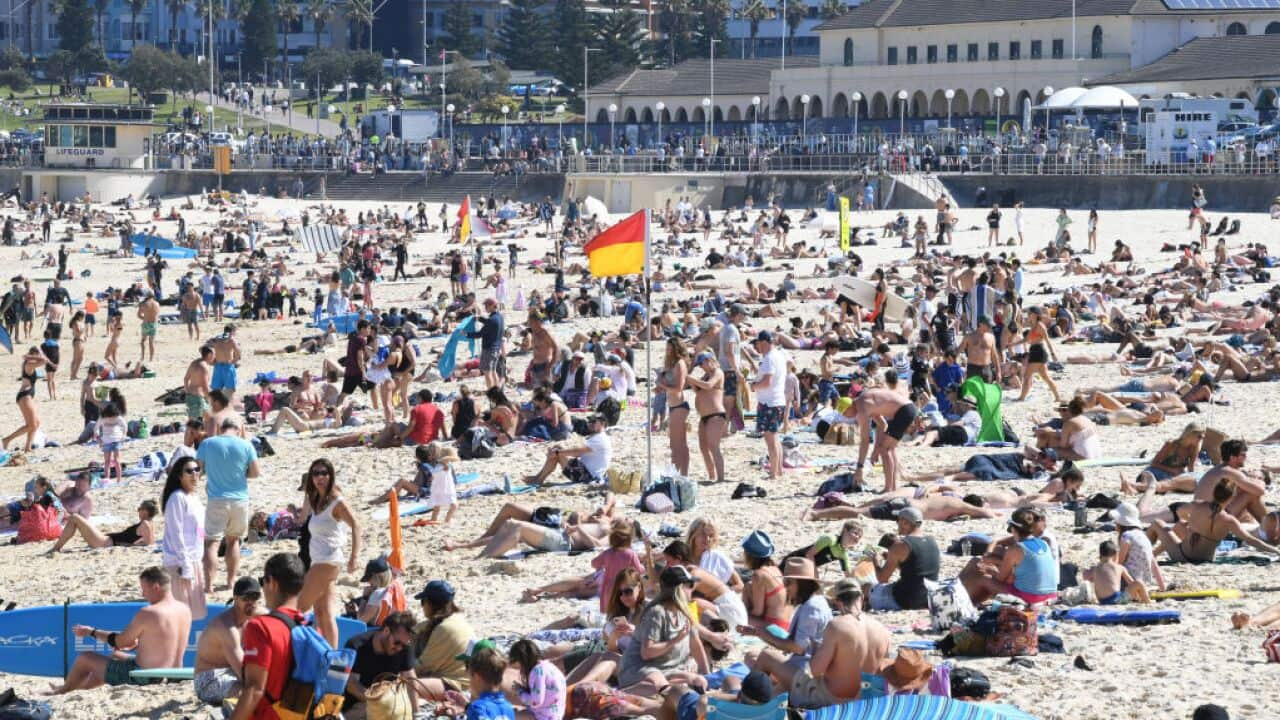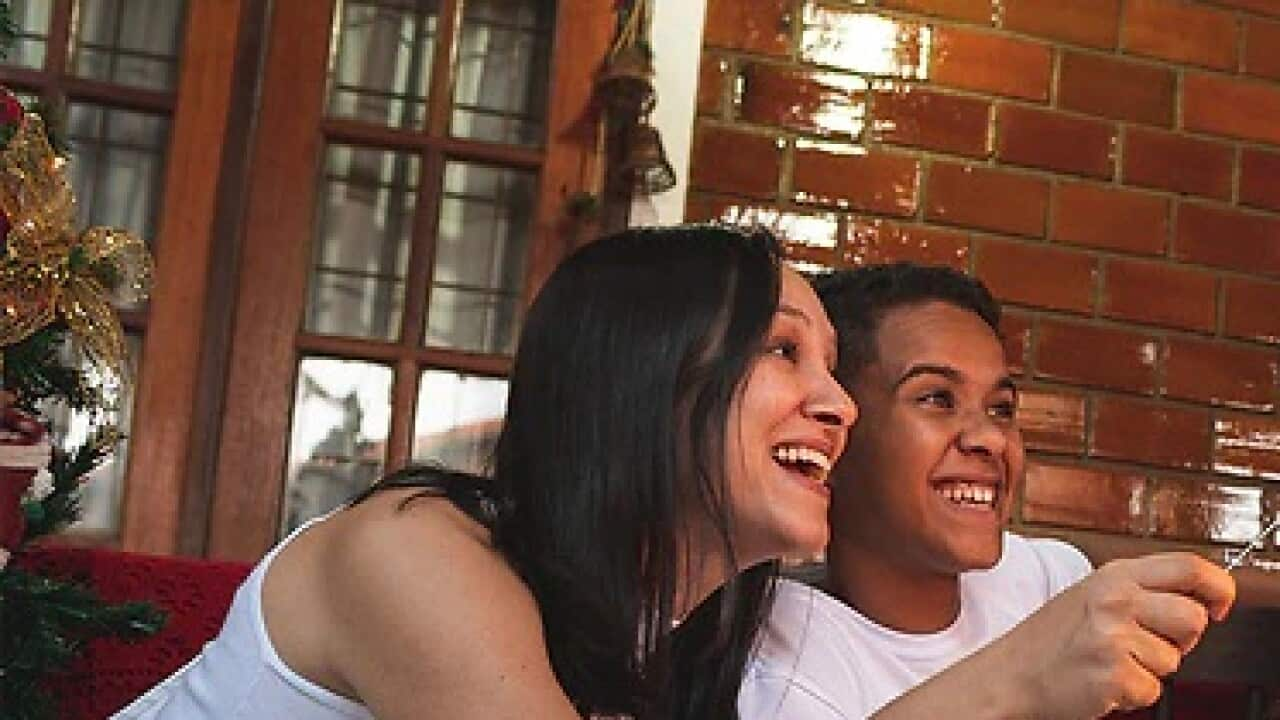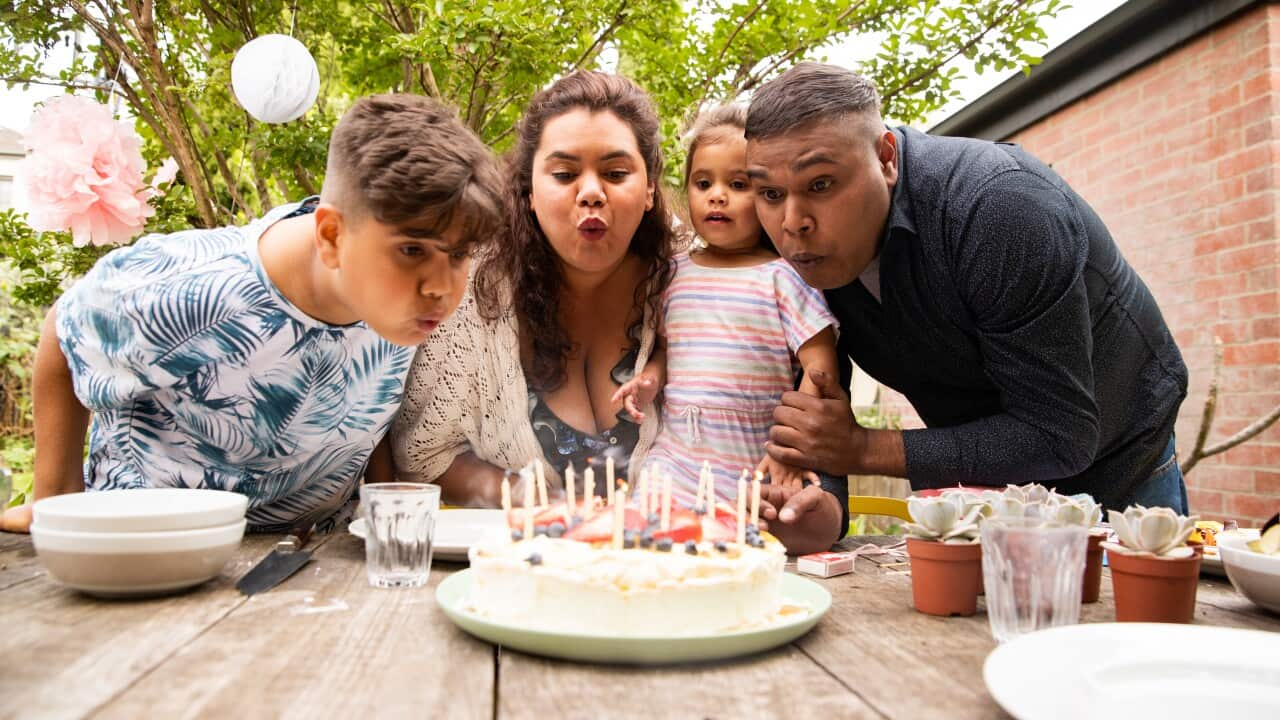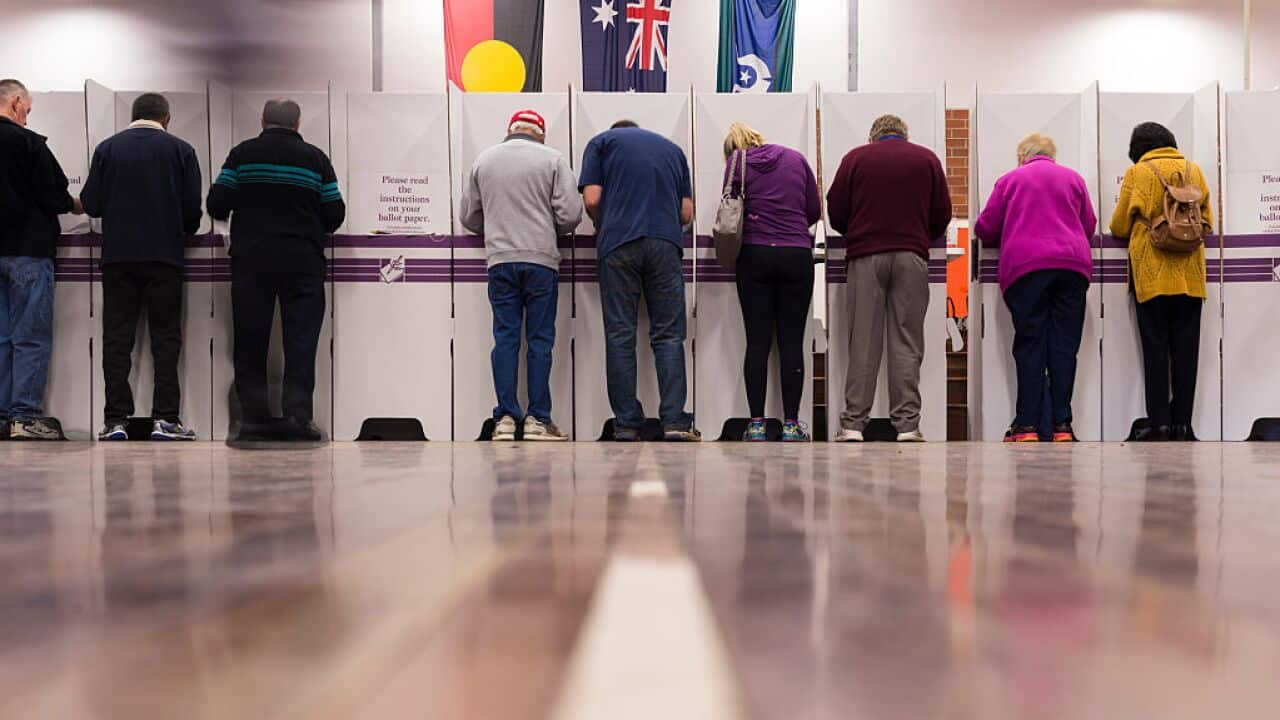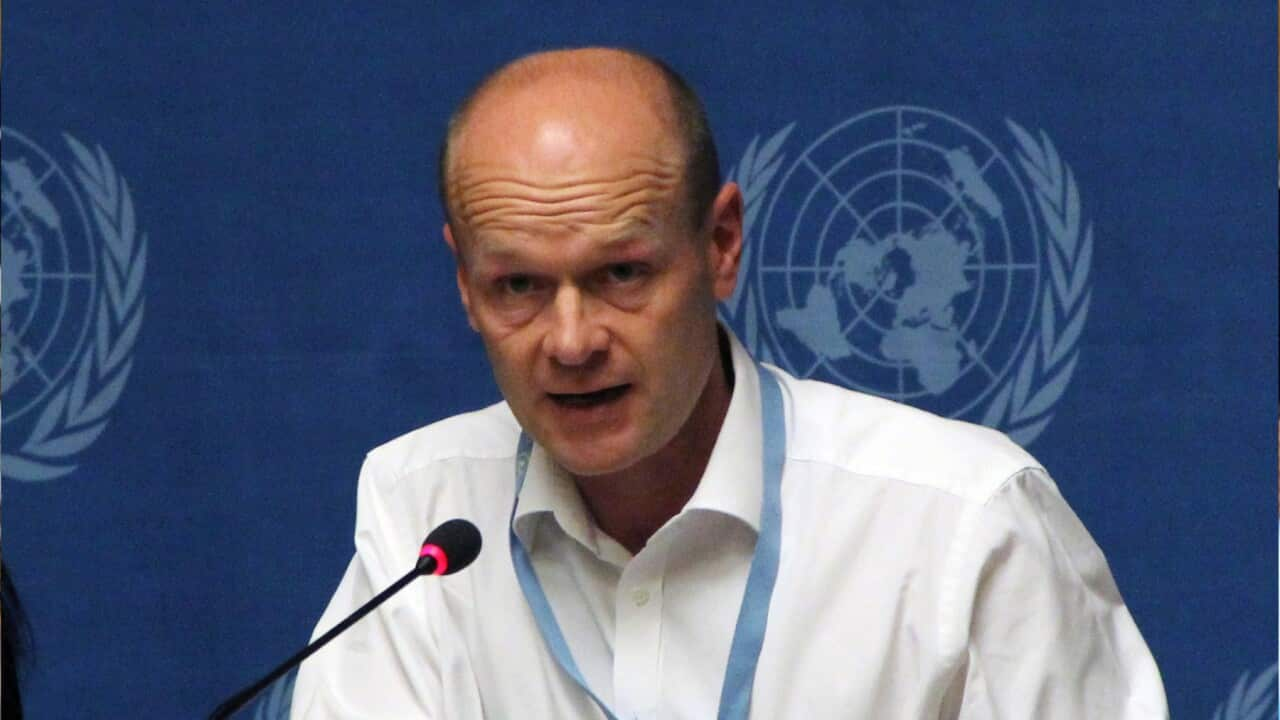Bài học này phù hợp với những người học từ trung cấp đến cao cấp. Sau khi nghe xong, hãy giải câu đố để kiểm tra bạn đã học được gì.
Learning notes
Lesson language objective
How to talk about things we think might happen
Talking about possibilities for present and future events
We use may, might to say that something will happen:
- My brother may invite us to his place on Sunday.
- She might have his number.
We use can to make general statements about possibilities:
- It can be very hot in the summer.
- Bushwalking can be exhausting.
Talking about possibilities for past events:
We use may have, might have and could have to guess if something happened in the past:
- I might have lost my wallet.
- I suppose you could have lost it when we were in the park.
- I may have misplaced it in the car.
Different ways to ask questions about possibilities:
- Do you think he may…?
- Do you think she might…?
- Are you likely to…?
- Is it likely to…?
Colloquial expressions:
A fat chance means that something is not very likely to happen. Fat chance she'll win.
In all likelihood means it is very probable that something will happen. In all likelihood, he'll place second in the competition.
Anyone’s call means difficult to predict. We often use it when we can’t predict the result of a contest or election. It's anyone's call who wins the contest.
Vocabulary:
Probability - likely to happen or be the case.
Possible – something may exist or happen, but it is not certain.
Likely – something may happen or be true.
Suppose – think that something is true or probable but lacks proof or certain knowledge.
Cultural information:
Australia has had some very successful Eurovision participants over the years, including Dami Im in 2016, who placed runner-up overall with her song Sound of Silence. 2022 will be the seventh time Australia competes in the iconic song competition, having first done so in 2015.
Sheldon Riley is going to represent Australia at the 2022 Eurovision Song Contest in Turin with the song Not the Same.

Sheldon Riley during a media call ahead of Eurovision Australia Decides at Gold Coast Convention and Exhibition Centre Source: Getty / AsiaPac
Transcript:
(Note: This is not a word-for-word transcript)
Hi! Welcome to the SBS Learn English podcast, where we help Australians to speak, understand and connect.
My name is Josipa, and like you, I’m learning the English language. Today we are practising different ways to talk about things we think have a chance of happening. In other words, we’ll be talking about possibilities.
Life is full of possibilities, but some are more likely than others. In all likelihood, I’ll never be an opera singer, and I’ve fat chance of being a ballet dancer.
As you probably guessed, we say we have ‘fat chance’ of doing something if we think it is not very likely to happen. For example, "I have fat chance of winning the lottery."
This phrase can commonly be used on its own when responding to something unlikely. For example, let’s say somebody asks me, “Do you think he’ll pass his driving test?" I could answer simply by saying, “Fat chance!”
On the other hand, when something will happen in all likelihood, it means that it will probably happen. For example, “In all likelihood, we’ll go out for dinner tonight because there is nothing at home to eat at all.”
In the following conversation, Maryanne and Allan are talking about their weekend plans. Let’s hear them,
Allan:
My brother may invite us to his place on Sunday. There’s a good chance the weather will be nice for a barbecue outside.
Maryanne:
Do you think he might let you do some grilling this time?
Allan:
Fat chance! He still talks about the sausages I accidentally burned years ago.
Maryanne:
You never know… this time he might give you a go.
Allan and Maryanne used the words may and might to talk about something that is possible to happen in the future.
We can also use these words to talk about possibilities in the present. We’ll explain that a little more in a second.
First, let’s hear Allan once again,
My brother may invite us to his place on Sunday. There’s a good chance the weather will be nice for a barbecue outside.
My brother may invite us to his place on Sunday. We could also use the word might instead of may and say, “My brother might invite us.”
Allan said ‘may invite’ because he thinks that it is quite likely that his brother is going to invite him. If he said ‘he might invite’ it means that Allan is not quite so certain.
The difference between may and might is that the word may expresses more certainty than might, so we use it if we think something is more likely to happen.
As I said before, both may and might are used to express present and future possibilities.
Allan used them to talk about a possibility in the future, so I'll give you an example of how we can use them to speak about the present.
Let’s say I’m looking for Allan’s phone number. I’ll ask Maryanne; she may have it.
So, I think that it is likely that Maryanne knows his number, and I said, "Maryanne may know it". Another way to say the same thing is, “Perhaps Maryanne knows Allan’s phone number.”
I could also say, “Maryanne might know Allan’s phone number”.
If we use the word might, it suggests that we are less sure about something, so if I said ‘Maryanne might have his phone number’, I am suggesting that it is a possibility, a chance, but I’m not very sure.
Talking about chances, Allan said there’s a good chance the weather will be nice for a barbecue outside.
If there is a good or decent chance of something happening, it means that it is very likely to happen.
But if I say, “There’s just a chance, it’ll rain,” it means that there is a small chance it will rain, but in all likelihood, it won’t.
Let’s move on to Maryanne, she said,
Do you think he might let you do some grilling this time?
When we talk about possibilities, may and might usually are not usually used to start a question.
So, when asking about the likelihood of something happening, we often say, “Do you think he may, Are you likely to, or Do you think she might or Is it likely to”.
Allan then said there is a fat chance his brother will let him do the grilling. But let’s imagine that Allan was in a more formal setting.
Then instead of saying ‘fat chance’ Allan would say,
There is little likelihood of that happening.
We’ve already heard that in all likelihood means almost certainly, so if there is a little likelihood of something happening, it means that it probably won’t happen.
You can also simply say, "It's unlikely something will happen."
Let’s now look into how we discuss possibilities for something that happened in the past.
In the following conversation, Maryanne and Allan will use the words we've already learned may and might but they will also use another word to indicate that they are talking about a past event.
Allan:
I can’t find my wallet. I might have lost it.
Maryanne:
I suppose you could have lost it when we were in the park.
Allan:
Or I may have left it in the car.
So, when making guesses about the past, we use might have and may have.
First, Allan said,
I can’t find my wallet. I might have lost it.
We use might for present and future and might have for past events to express the low likelihood of something happening.
So, when Allan says he might have lost his wallet, he says that there is a small possibility that his wallet is lost. Let's say there is a 30 per cent chance that Allan lost his wallet.
Maryanne then said,
I suppose you could have lost it when we were in the park.
Could is another word we can use when talking about possibilities. In this case, Maryanne used it to make a suggestion of what could have happened.
We could say that Maryanne thinks there is a 40 per cent chance Allan could have lost his wallet in the park.
Allan said,
Or I may have misplaced it in the car.
Allan may have misplaced his wallet in the car.
We use may and may have to express a stronger degree of possibility. We could say that Allan is 50 per cent sure that he has misplaced his wallet in the car.
Let’s now take a break. At this year’s Eurovision song contest, which is going to be held in Turin, Italy, Sheldon Riley will represent Australia with the song Not the Same.
Sheldon is with me today, and I’m so excited to meet you.
Hi Sheldon, thank you for joining us.
Sheldon:
Happy to be here.
Josipa:
Across the globe, over 180 million people watch Eurovision every year. What is it like to know that you are going to perform in front of such big audience?
Sheldon:
Oh, it's crazy! I'm very excited and very honoured to represent Australia.
Josipa:
This year Australia needs to qualify to compete on the final night; only the top ten countries from each semi-final can progress to the finals. I think that your song Not the Same deserves a place in the finals, would you agree?
Sheldon:
Ha ha, I believe that reaching the finals is within the bounds of possibility, so I definitely think it can happen, and I will do my best to make it happen. But, you know, Eurovision is a competition, and lots of other countries have amazing songs too, so it’s anyone’s call as to who will win.
Josipa:
Anyone’s call? What does that expression mean?
Sheldon:
We say anyone’s call when the result of a contest or election is difficult to predict. For example, if you ask me, “Who do you think will win Eurovision this year?” I would say, “It’s anyone’s call.”
Josipa:
Thanks for introducing a new phrase in this episode. So, I won’t ask you who do you think will win Eurovision, but I will ask you which countries in your opinion, are very likely to be the top five in the finals?
Sheldon:
It might be Italy, could be Sweden, hopefully Australia, could be anyone.
Josipa:
Even though the winner is uncertain, one thing we know for sure is that you’ll put on an amazing performance. We can’t wait to see you.
Sheldon:
Thank you.
Josipa
Eurovision 2022 will be the seventh time Australia competes in the annual song competition, and you can follow all the excitement on .
Eurovision 2022 will be the seventh time Australia competes in the annual song competition, and you can follow all the excitement on .
Xin gửi lời cảm ơn sâu sắc đến chuyên gia tư vấn giáo dục của chúng tôi - Giáo sư Lynda Yates, các khách mời Sheldon Riley, Nikki Alfonso-Gregorio, cùng Paul Nicholson và Sheldon Riley, Nikki Alfonso-Gregorio - những người đã lồng tiếng cho các nhân vật Allan và Maryanne.
Xem thêm các bài:

